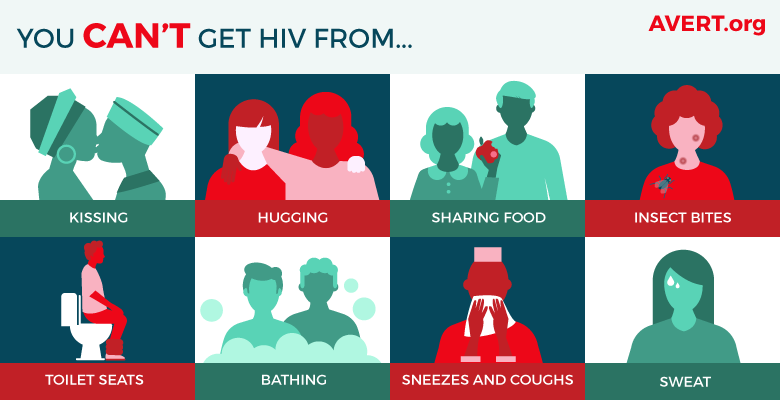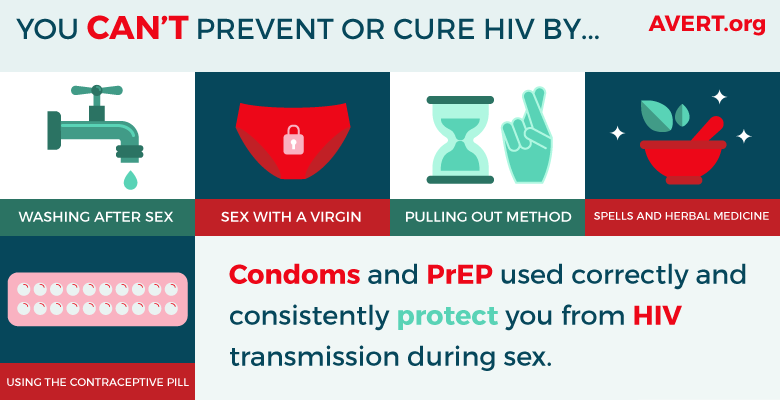There are lots of myths and misconceptions about how people get HIV. Here we debunk those myths and give you the facts.
It's 2020. You can stop believing these myths about HIV now 💋
Let's #StopHIVTogether @THTorguk 💪 pic.twitter.com/6gWcHaiWlx
— PinkNews (@PinkNews) February 7, 2020
HIV and AIDS are the same thing?
No – When someone is described as living with HIV, they have the HIV virus in their body. A person is considered to have developed AIDS when the immune system is so weak it can no longer fight off a range of diseases with which it would normally cope.
You can get HIV by touching someone who has the virus?
Nope – HIV can’t survive outside of the body so you won’t get HIV from touching someone, hugging them or shaking their hand.
HIV can only be passed on from person to person if the virus from infected body fluids (such as blood, semen, vaginal or anal secretions and breast milk) gets into your bloodstream by having unprotected sex, sharing injecting equipment or more rarely from mother to child during pregnancy.

Myths about HIV prevention and cure
There are lots of urban rumours about ways that you can protect yourself from HIV – from showering after sex or taking the contraceptive pill to having sex with a virgin. In reality, if you are having sex the only methods of HIV prevention which will protect you from HIV are condoms or pre-exposure prophylaxis (PrEP).

If I get infected fluid from an HIV-positive person into my body will I definitely get HIV?
No – HIV is not always passed on from an infected person. There are lots of reasons why this is the case. For example, if the HIV-positive person is on treatment it will reduce the amount of HIV in their body meaning it is unlikely to be passed on.
HIV is only a risk for certain groups of people
Like most illnesses, HIV doesn’t discriminate between types of people and the infection can be passed on to anyone via one of the ways mentioned above.
Some people are more vulnerable to HIV infection if they engage regularly in certain activities (e.g. injecting drugs) that are more likely to transmit the virus. However, it’s a common misunderstanding that HIV only affects certain groups.
It’s easy to tell the symptoms of HIV…
The symptoms of HIV can differ from person-to-person and some people may not get any symptoms at all. Without treatment, the virus will get worse over time and damage your immune system. You cannot tell by looking at someone if they have HIV. Many people don’t show any signs or symptoms. And, for people living with HIV who are on effective treatment, they are just as likely to be as healthy as everyone else.
